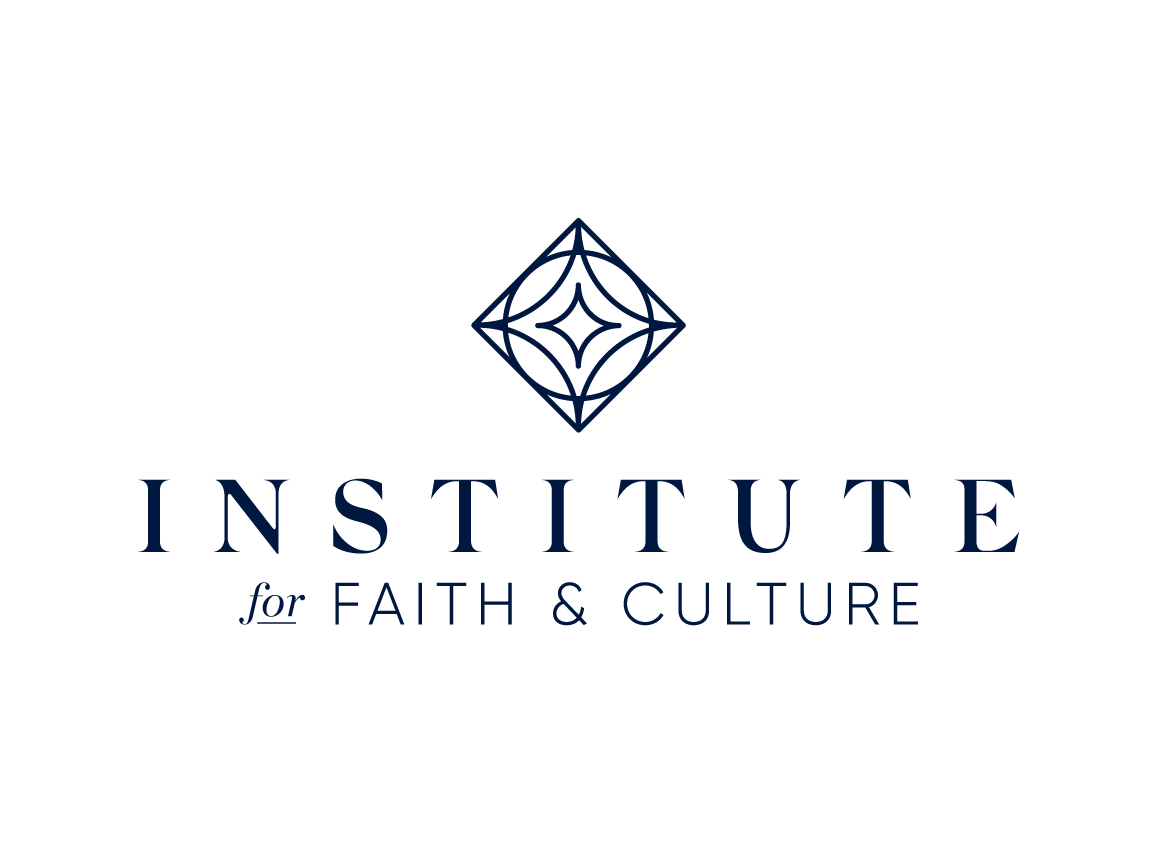Humans were created to be social, and salvation is social, too. When God said it is not good for man to be alone, this was not a take-it-or-leave-it suggestion. God was naming reality as it is—he was describing human nature, declaring that isolation is contrary to our nature as a reflection of God’s triune image.[1] Every time a son leaves his father to cleave to his wife, they form a new “society” in micro. Groups of families form the basis for tribes, peoples, and nations. Humans take dominion individually, exercising self-control over their immediate life and environment, but they cooperate to form larger “dominions”—families, churches, organizations, nations. The character of any such group, from a family to a nation, depends upon the character of those involved. Sin makes men beastly, and beastly men create bestial societies.
Cain was tempted by sin that was “crouching at the door,” like a predator (Gen. 4:7). Obeying sin, Cain becomes a predator himself, lying in wait for Abel. But it is not good for man to be alone and Cain does not remain a lone wolf. Cain marries and begets a son. Cain builds a city named Enoch, for the glory of his son’s name; in a land far from Eden (Gen. 4:17). They produce the first instruments—methods for agriculture, animal husbandry, and tools from iron (Gen. 4:20-22). But like their father, Cain, they bring perverse sacrifices—they make weapons of war, practice polygamy, and murder (Gen. 4:19). After Cain killed Abel, he grieved (if only for himself). Cain’s grandson kills men and boasts about it, blaspheming God directly (Gen. 4:23-24). In only ten generations from Cain “the wickedness of man was great in the earth” and “every intention of the thoughts of his heart was only evil continually” (Gen. 6:5).
Sin at an individual level causes dire harm to individuals, but when sin is allowed to fester, it causes devastation everywhere. When Joseph came into Egypt, Pharaoh acknowledged that Joseph was empowered by the Spirit of God, and when the king acted to bless God’s people, Egypt was blessed by God as a result (Gen. 41, 45). But when another Pharaoh rose up who did not acknowledge Joseph nor Joseph’s God, he began devouring God’s people and was subject to God’s judgment (Ex. 1). Pharaoh, with a snake on his headdress, had become another “serpent” like Cain and he fathered another beastly society.
Nations that raise themselves up against God are often described as great beasts—winged lions, bears that rise to devour flesh, “terrifying and dreadful and exceedingly strong” (Dan. 7:4-8). The enemies of God are “locusts” that lay waste to the land (Judges 6:5). Satan prowls like a lion seeking to devour and evil nations have “lions’ teeth [and] the fangs of a lioness” (Joel 1:6). The prophets speak of Nebuchadnezzar of Babylon as a “monster” who “devoured” God’s people (Jer. 51:34). God, in judgment against Nebuchadnezzar, reveals his inward, animalistic nature, causing him to go mad until “he ate grass like an ox, [and] his hair grew as long as eagles’ feathers, and his nails were like birds’ claws” (Dan. 4:33).










